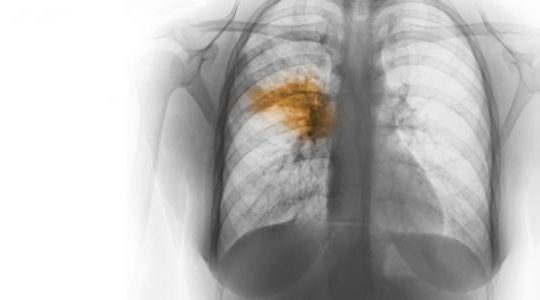Mealtimes in retirement homes are among the most essential events of the day because they allow seniors to mingle while also ensuring that they obtain the nutrition they require. Retirement homes must serve well-balanced meals that cater to their inhabitants to ensure a healthy diet. Fruits, vegetables, whole grains, and lean proteins should all be included in this list.
In this post, we’ll look at the top 5 nutritional benefits of living in a retirement home and the vitamins and minerals that older people need.

What Makes Nutrition So Important For Seniors?
At any age, proper nutrition is critical. On the other hand, seniors are at a significantly higher risk of developing life-threatening disorders and diseases.
Weight loss, melancholy, and immune system inadequacies can result from poor diet, rendering older people more susceptible to infections like the common cold. According to the National Resource Center on Nutrition and Aging, more than 5.5 million seniors are food insecure or malnourished. You or a loved one’s health could be jeopardized if there aren’t enough meals or bad food choices.
Common Obstacles to Good Nutrition
It is critical for people of all ages to consume the proper nutrients. However, for some elders, this can be difficult. Important duties such as food shopping, cooking, and cleaning can be a source of frustration for seniors, preventing them from eating well.
Most communities provide chef-prepared meals for breakfast, lunch, and supper, ensuring that seniors get the nourishment they require. Fresh meals served in a restaurant-style atmosphere are provided by retirement homes to take the effort out of eating well. Another advantage is people’s social interaction when eating in the communal dining hall. Families and loved ones are also welcome to pay visits to their loved ones and share meals.
Retirement homes are aware of seniors’ difficulties in terms of their health and nutrition. Here are a few ways that living in a retirement home might assist seniors in leading healthier lives.
- Enhances Mood
Consuming high-carbohydrate, healthy foods can help reduce stress levels in the body. Low-carb diets have been linked to depression, unhappiness, and weariness, according to studies published in the Missouri State Medical Association in 2016. Researchers still have a lot of learning about the impacts of food on human mental health beyond mood and well-being. While there is still much to learn, you may make some beneficial changes to your dietary habits.
Regularly exercise for at least 15 to 30 minutes.
Stay hydrated throughout the day by drinking plenty of water.
At mealtimes, choose less processed sweets and more whole grains.
To keep the mind active and robust, volunteer, join a club or participate in other communal activities
- Strengthens Memory
You may improve your mental health and wellness regularly by following a hearty meal plan from a retirement community. Memory diseases such as dementia and Alzheimer’s can be aided by eating green vegetables, unprocessed cereals, and omega-3 fatty acids. Vitamin B-6, B-12, niacin (B-3), and folic acid-rich foods help lower homocysteine levels in the body.
- Supports a Strong Immune System
Our bodies are protected from germs, viruses, and other intruders by having a functioning immune system. To maintain a healthy immune system, seniors must eat a well-balanced diet that includes foods from all food groups. Fruits, vegetables, and low-fat foods are examples of this. However, a bad diet can cause various health problems, including inflammation.
- Manages Weight Control & Metabolism
According to studies, bad food choices cause more than 678,000 deaths in the United States each year. Nutrition and obesity-related disorders, such as heart disease, cancer, diabetes, and high blood pressure, blame for these deaths. Diets that include a colorful array of healthful foods will aid in weight management.
Low-saturated-fat meals are served in retirement homes, followed by modest amounts of unsaturated fat, promoting a healthy body mass index (BMI) and metabolism. Furthermore, proper portion sizes help older persons maintain a healthy weight by preventing excessive calorie consumption.
- Reduces The Effects of Aging
Researchers recommend eating foods high in antioxidants to support healthy skin cells as you age. Many retirement communities make an effort to include foods such as tomatoes, berries, avocados, and almonds in their meal plans. They all contain vitamins and minerals that are beneficial to the skin. Citrus fruits and juices, for example, are high in vitamin C, which aids in the formation of collagen and the prevention of premature aging.
Retirement communities can help seniors minimize their chance of developing dangerous diseases, boost their mood, and maintain their mental health while providing the body with the nourishment it needs daily. If you or a loved one has trouble adhering to healthy eating habits, talk to your caregiver or a retirement home about your options.
Let us know in the comments what do you think about the nutritional benefits of living in community…








